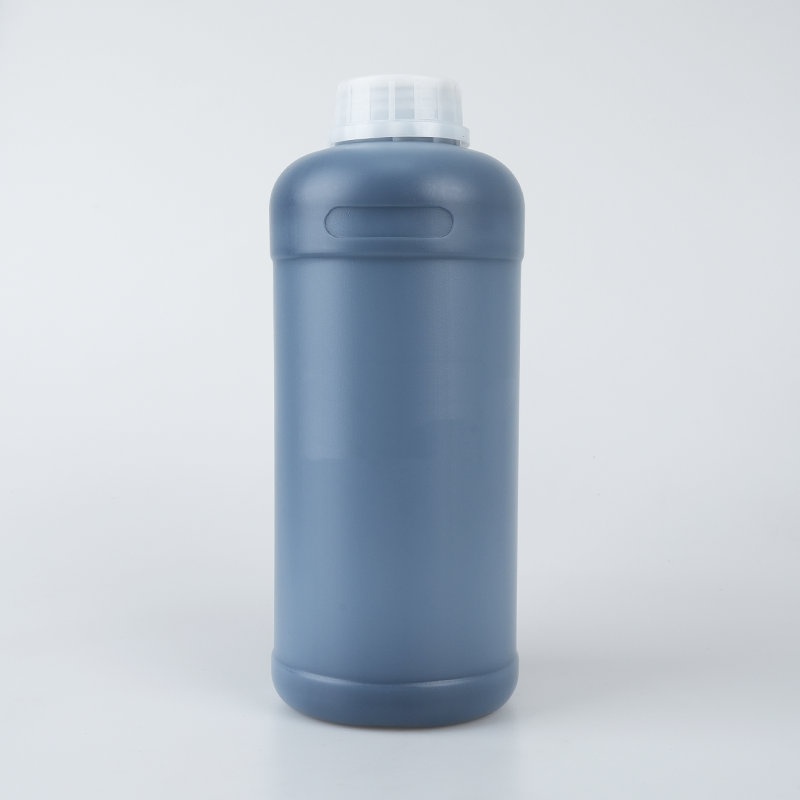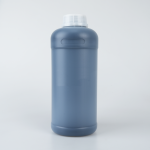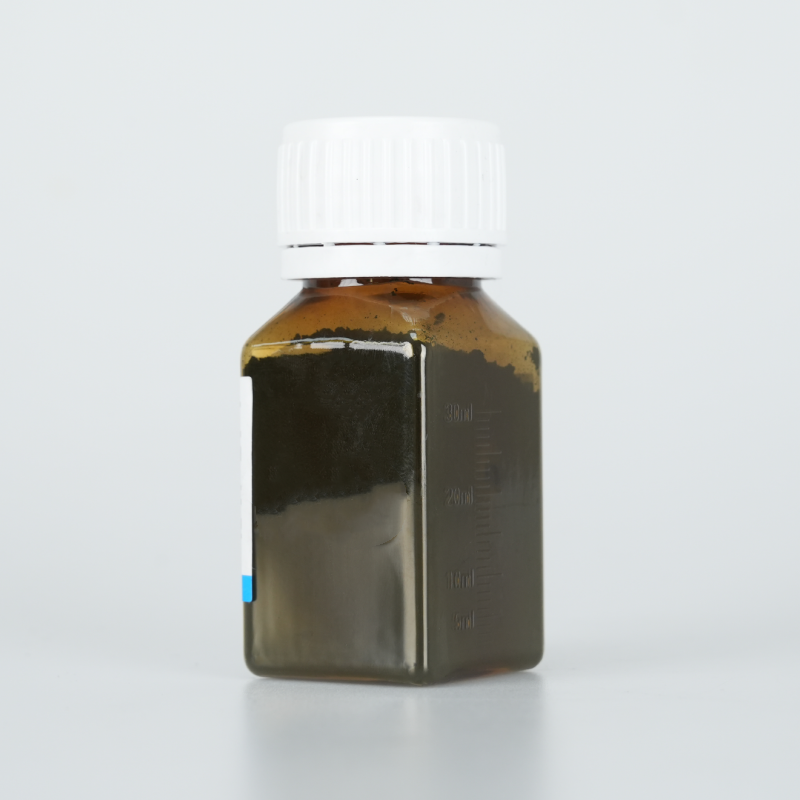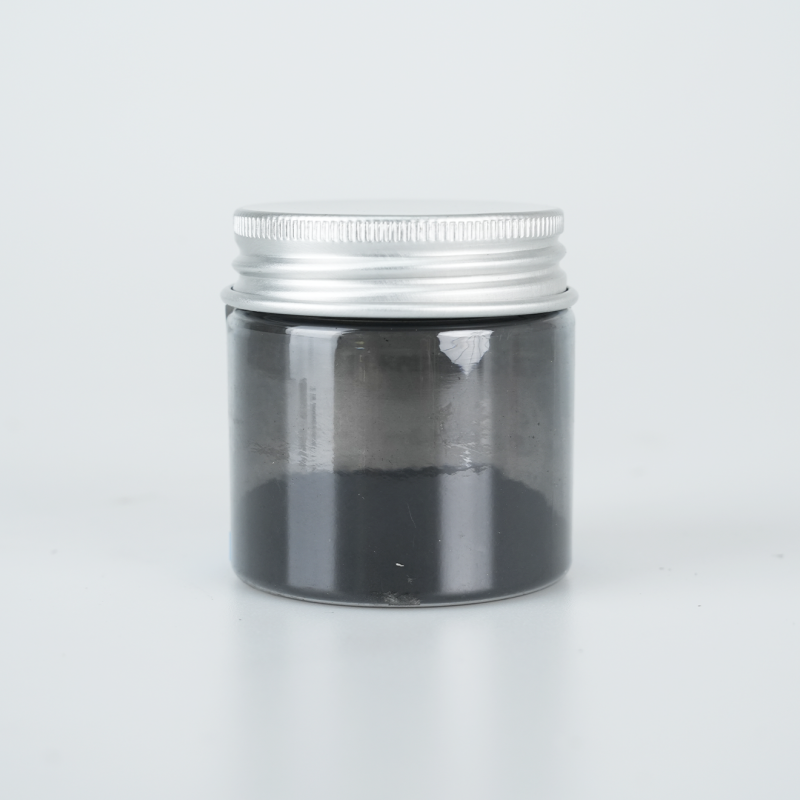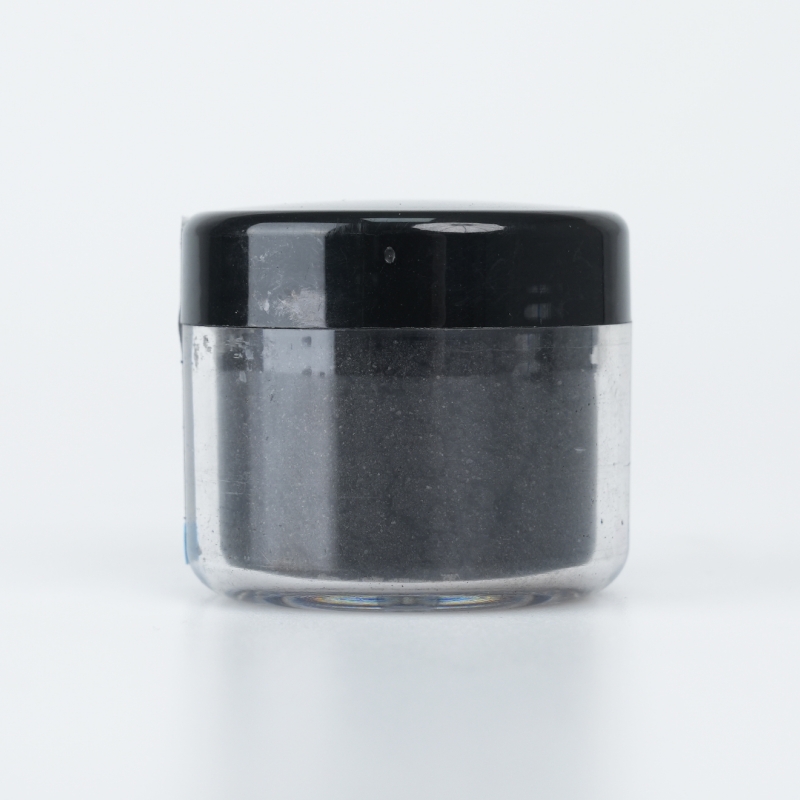Multi-walled carbon nanotube (MWCNT) aqueous dispersion offers optimized stability, superior electrical conductivity, and enhanced uniformity. Designed for advanced applications, it ensures efficient integration, extended durability, and high-performance adaptability.
Product Overview
The multi-walled carbon nanotube aqueous dispersion is a stable dispersion liquid based on deionized water, containing 10wt%-15wt% multi-walled carbon nanotubes. These multi-walled carbon nanotubes exhibit excellent mechanical, electrical, and thermal properties, and are widely used across various industries such as composite materials, electronic devices, and electrode materials. This aqueous dispersion ensures high-efficiency dispersion of carbon nanotubes, facilitating their direct application in industrial and scientific research fields.
Key Features
- Exceptional Mechanical Properties:Multi-walled carbon nanotubes have extremely high strength and toughness, with theoretical strength tens to hundreds of times greater than steel.
- Outstanding Electrical Properties:They exhibit good electrical conductivity, making them suitable for various applications.
- Excellent Thermal Properties:High thermal conductivity enables effective heat transfer.
- High Specific Surface Area:Provides increased adsorption and catalytic potential, widely used in catalytic and adsorption applications.
Applications
- Composite Material Reinforcement:Multi-walled carbon nanotubes enhance the strength and rigidity of materials such as plastics, rubber, and metals, particularly in composite material interfaces.
- Electronic Devices:Used in the production of conductive inks, sensors, flexible displays, and other electronic devices, providing excellent electrical conductivity.
- Electrode Materials:Used as electrode materials in lithium-ion batteries and supercapacitors to improve energy storage and power output capacity.
- Catalysts and Catalyst Carriers:As catalysts or carriers, they enhance catalytic reaction efficiency and improve catalytic performance.
- Energy Sector:In addition to battery applications, they can also serve as hydrogen storage materials, providing ideal conditions for hydrogen storage.
- Wave-Absorbing Materials:Potential applications in electromagnetic wave absorption for military stealth, electromagnetic shielding, and similar fields.
- Biomedical Field:Used as drug carriers, capable of crossing cell membranes and enhancing controlled drug release.
- Scientific Research:Widely used in research to help scientists explore the properties and potential applications of carbon nanotubes.
| Technical Parameter | Value |
| Solvent | Deionized water |
| Carbon Nanotube Content | ~10 wt% ~ 15 wt% |
 new material
new material

